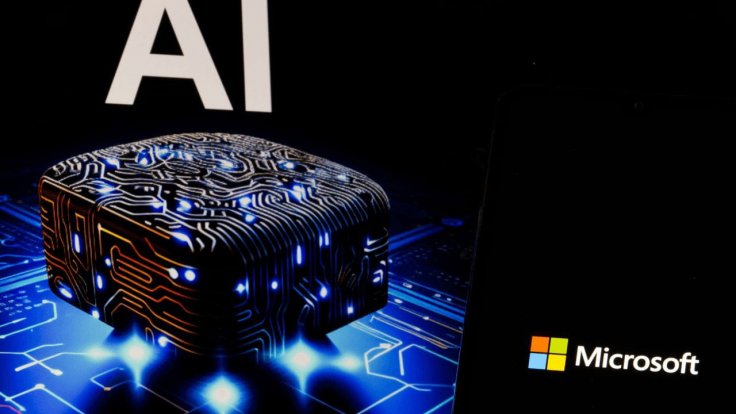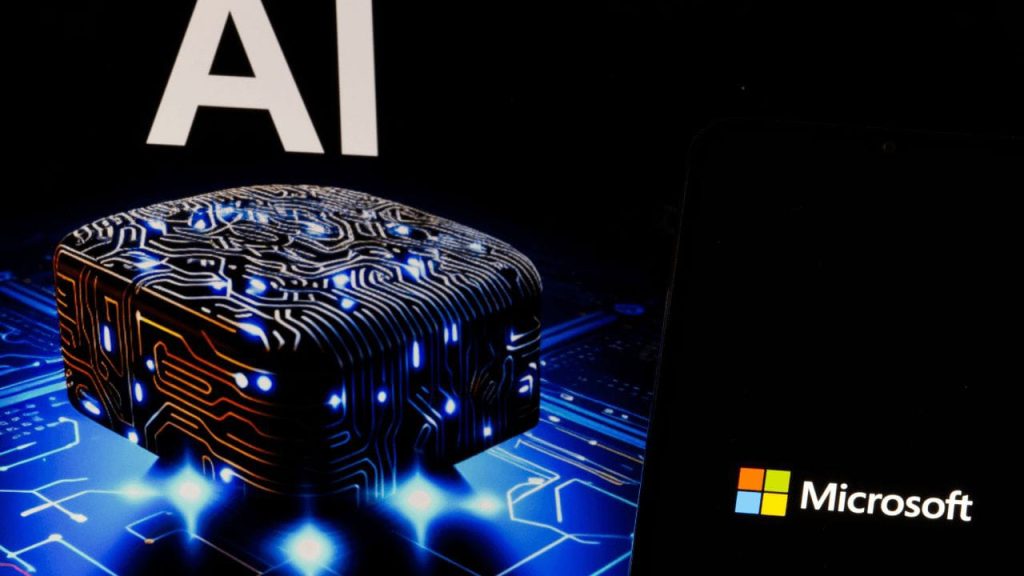Microsoft has hired 24 top engineers, researchers, and product specialists from Google DeepMind, according to a report by the Financial Times. The most high-profile recruit is Amar Subramanya, who previously led engineering for Google’s Gemini chatbot. He has now joined Microsoft as Corporate Vice President of AI.

Subramanya spent 16 years at Google. In a LinkedIn post, he praised Microsoft’s work culture, calling it “low ego” and “ambitious.” He also said the environment reminded him of a startup—fast-moving, collaborative, and focused on building cutting-edge AI products. Subramanya is now working on Microsoft’s consumer-facing tools, including Bing and Copilot.
This hiring spree is part of Microsoft’s broader AI strategy led by Mustafa Suleyman, co-founder of DeepMind and now Microsoft’s head of consumer AI. Suleyman joined Microsoft in 2024 following the company’s $650 million “acqui-hire” of his startup, Inflection AI. Since then, he has built a strong team by leveraging his DeepMind connections.
Other DeepMind alumni who have joined Microsoft include engineering lead Sonal Gupta, senior engineer Adam Sadovsky, and product manager Tim Frank. Sadovsky, who spent nearly 18 years at Google, now serves as a corporate VP at Microsoft AI.
The tech industry is currently in a fierce race to secure AI talent. OpenAI CEO Sam Altman recently claimed Meta offered some of his staff $100 million signing bonuses. Meta also reportedly recruited Scale AI founder Alexandr Wang, though Meta denies some of the high figures being reported.
Microsoft and Google continue to compete closely in the AI space. Suleyman now competes directly with DeepMind CEO Demis Hassabis, his former colleague. However, sources close to Google say DeepMind’s attrition remains below the industry average.
Meanwhile, under Suleyman’s leadership, Microsoft recently unveiled an AI diagnostic system claimed to be four times more accurate than human doctors. Called MAI-DxO, the tool combines multiple AI models to assess symptoms and deliver diagnoses.
Despite these advancements, Microsoft recently laid off around 9,000 employees globally, raising questions about balancing large-scale AI investment with broader cost-cutting.

